When I think about what church is to me, the answer has changed throughout my life. At times it’s been obligation. At times it’s been tradition. At times it’s been frustrating, even alienating. And today, it’s community – a place where I belong.
Church as Tradition
I was raised attending a conservative Evangelical church. At the time, I didn’t know what “conservative” or “progressive” even meant. My dad and grandfather didn’t attend, so I usually went with my grandmother, and sometimes with my mom.
The church was fairly large, with four pastors and men in most leadership roles, yet it still felt like church wasn’t really for men. Because my dad and grandfather stayed home, I grew up with that impression.
Still, I have fond memories. My grandmother taught Sunday School and used Barbie and Ken dolls dressed in handmade period costumes to act out Bible stories. One Sunday we even had Burgess Meredith as The Penguin and Frank Gorshin as The Riddler come speak to us. To this day, I don’t know how that happened, but it remains one of my most exciting childhood memories.
As I got older, I was one of four boys who collected the offering. That made me feel important, like I belonged. Summers brought church camp, and while I wasn’t allowed to stay overnight, my grandmother made sure I got to attend each day.
Later, my mom shifted us to an Assemblies of God church. The services were full of energy—waving, speaking in tongues, even people collapsing on the floor. My mother loved it. I joined the Royal Rangers with a neighborhood friend, a church-based version of the Boy Scouts, and I have fond memories of our campouts.
But even as a kid, parts of the theology unsettled me. By junior high, I was attending a Baptist youth group mostly because several girls from school were there. That ended abruptly when I proudly wore a belt buckle with the Boston album cover on it—only to be told I had to get rid of it or be damned to hell. That was the moment church stopped feeling like home.
Church as Obligation (and Opportunity)
I didn’t really return to church until my early twenties, when my fiancée and I were looking for a place to get married. We weren’t looking for a home church—just a venue. But in the process we found a local Lutheran church. The pastor was warm and approachable, and with multiple degrees in physics and chemistry, he loved to talk about science and faith together. It was refreshing, but eventually we moved too far away to keep attending.
I settled into being content without a church. But when we had kids, my wife became passionate about finding one. She wanted our children to grow up with church in their lives. I was fine with that, as long as it didn’t involve me. After all, church wasn’t for men.
She found an ELCA congregation nearby. At first, I resisted—especially when I heard the pastor was a woman. Why that bothered me, I couldn’t explain. I’d just never seen it before. But eventually, through a series of conversations (and my own skills managing websites), I got pulled into involvement even without attending services.
That didn’t last. Before long, the kids started saying: “If Dad doesn’t go to church, I don’t want to go either.” To avoid endless conflict at home, I went along. And before too long, I wasn’t just attending –I was deeply involved.
Church as Community
I’ve now been attending New Creation Lutheran Church for more than 16 years. Over time, I’ve led projects, served as council President, Vice President, and Secretary, chaired Finance, guided technology decisions, helped with property maintenance, and I play guitar in the band while my wife sings.
But the heart of church hasn’t been the roles or responsibilities—it’s been the people. Friends who supported us during unemployment, who celebrated times of prosperity, who walk with us through life’s ups and downs. Some have passed away, others moved, and new faces have come. But the community has always been there.
I often joke that I’m “religious but not spiritual,” though I don’t even know what that means. What I do know is that I’ve always felt accepted at New Creation. No one has tried to change me. In fact, I’ve even been invited to give sermons—something I never would have imagined.
So, What is Church to Me?
Church began as tradition. It became obligation. And over the years, it grew into community.
Why did I first come to New Creation? Because my wife made me.
Why am I still here, 16 years later? Because of the people, the relationships, and the community we’ve built together.
That, to me, is what church really is.
Jay — New Creation Member

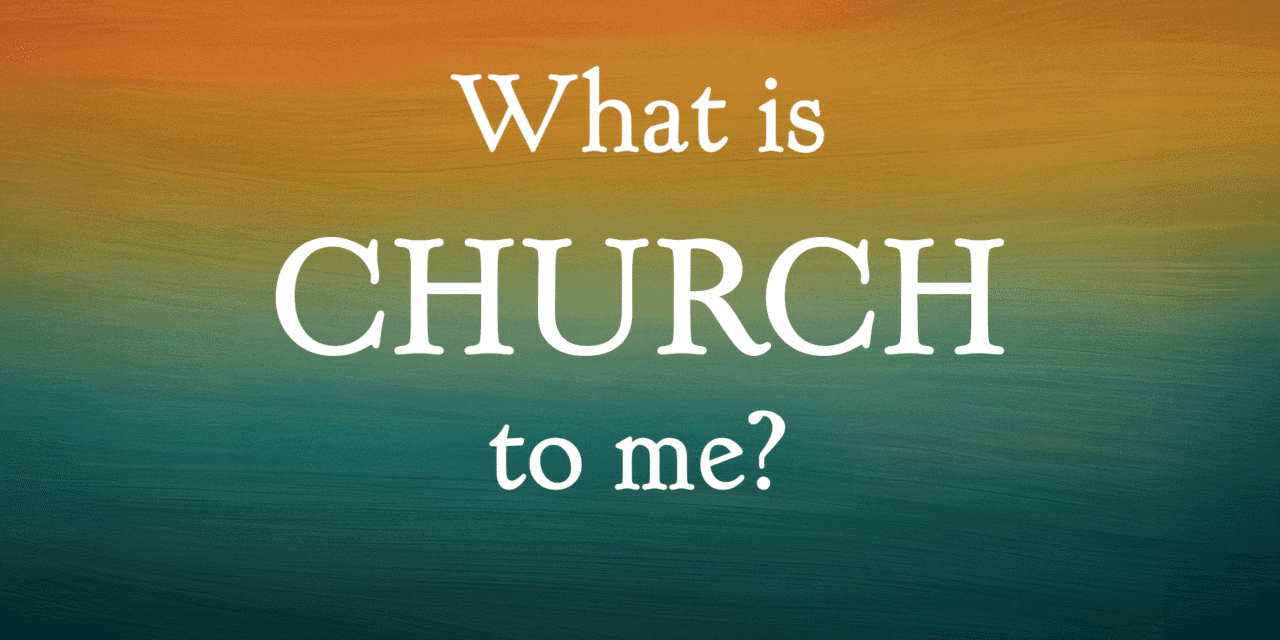
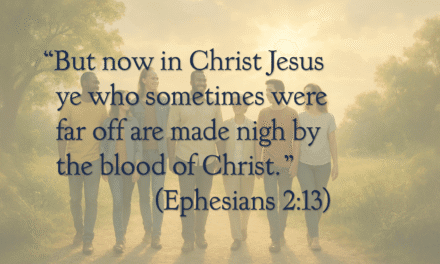
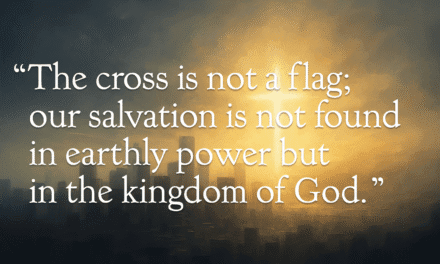
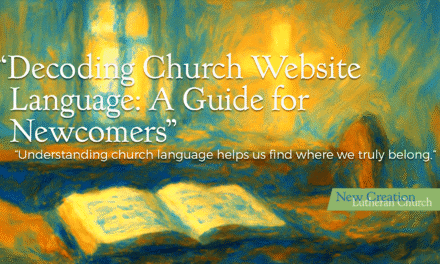
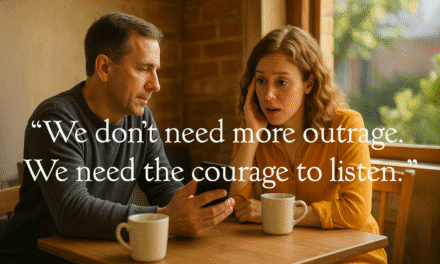


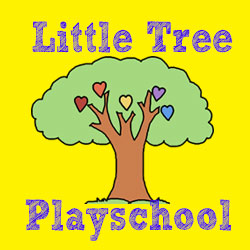
 Our Latest Updates on
Our Latest Updates on
